- About iGameMom
- DIY Computer Coding Camp at Home
- Geometry Games Improving Spatial Reasoning Skills
- Privacy Policy

- Free Resources
- Computer Coding for Kids
- Engineering Kids
- Math for Kids
- Science for Kids
- General Science
- Good Movies for Kids
- YouTube Videos for Kids

7 Sand Science Experiments for Kids
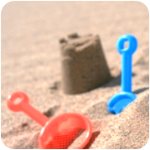
We have been posting many natural science experiments for kids . Today we share some sand science experiment ideas to do with kids. You can do these activity at beach, or sand box at home, or a park. Kids all like to play with sand, and let’s play!
Fun Sand Science Experiments with Kids
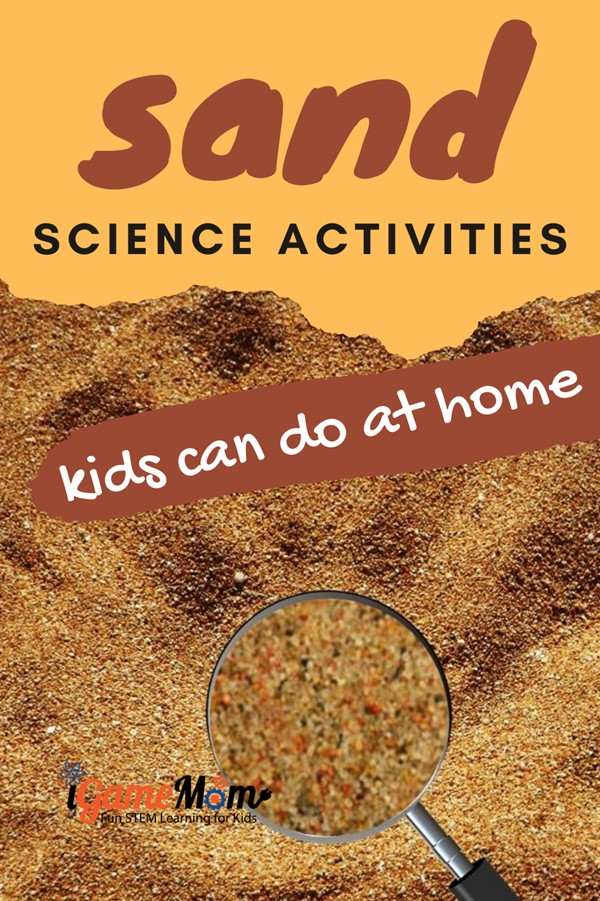
Kids all like to build sand castles . Do you know why sand can stack on top of each other? It is because the sand grains all have flat surfaces. However, every one built sand castles know that wet sand works better. If you are looking for science explanations, you can visit the science of sand castles .
Observe sand under magnifying glasses , what will you see? When you look at sand from distance, it may look like it is all one color. When you start to look at individual grains of sand, you will see the many colors, shapes and sizes of the different grains. Ask kids to describe what they see. Sand has some very interesting properties. Because it is a granular media, it displays both properties of a solid and a liquid. When it is in a pile, it acts as a solid. But if you poured sand out of a bucket, it looks like liquid! It is in fact widely researched for its solid and liquid properties. An easy demonstration and experiment is to pour sand through funnels, and examine time difference of sand of different granular size pouring through holes of different diameters. The basic idea is to pour the same amount of sand through funnels of different sizes, and record and compare the time they go through the different funnels.
If you run a magnet through sand , more than likely you can pick up some small particles of iron. Where could they come from?
With sand, you can also demonstrate Brazil Nut Effect . It is the effect that when grains of different sizes are mixed together, and the mix is shaken, the bigger particles will move to the top. You can also do this experiments by making some mix yourself, like mixing rice and beans.
Build a well with gravel and sand , and learn where the water we use every day come from.
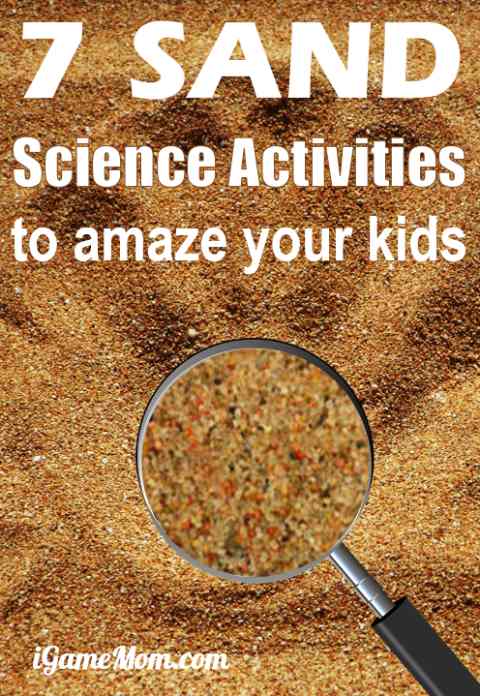
To learn more about sand, you can read these books about sand for kids: Jump into Science: Sand will be a fun read for preschool to school age kids, and A Grain of Sand will show you the fascinating sand grains.
For more natural science activities for kids, visit 100+ Natural Science Activities for Kids and Summer Science Activities for Kids .
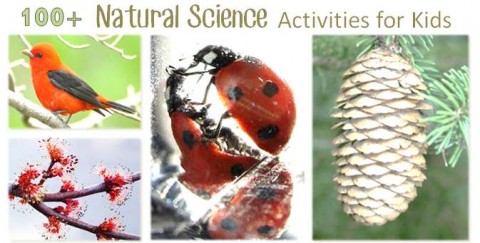
Next post: Over 150 STEM Activities for Kids in Your Kitchen
Previous post: YouTube Science Video Teaching Circulatory System
STEM activities like these are perfect for teaching kids new things and also to help them in developing an interests towards STEM fields. Thanks for sharing these ideas, they are very useful!
Leave a Comment
Save my name, email, and website in this browser for the next time I comment.
This site uses Akismet to reduce spam. Learn how your comment data is processed .
Welcome to iGameMom — Fun STEM learning ideas for kids. Math, science, tech, engineering activities kids love!
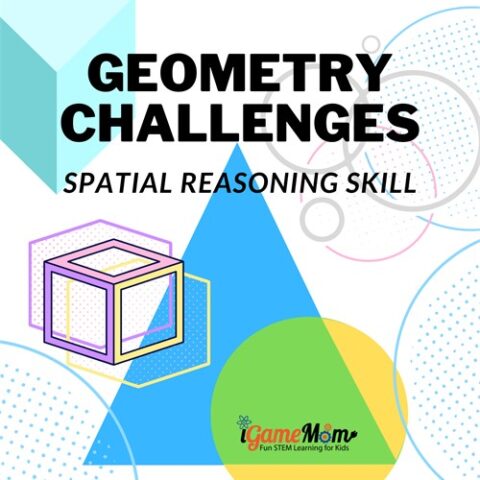
Popular Posts
- 3 Coding Games to Learn Shapes and Geometry with a Cool Coding Toy
- RGB Color Mixing with Coding Spring Template
- Coding Game Improving Kids Problem Solving Skills
- Coding Game for Critical Thinking Skills
Follow iGameMom!
Best STEM Learning Ideas
- 70 Autumn Science Activities for Kids to Do This Fall
- 9 Back to School STEM Challenges
- 10 Cool Backyard Science Experiments for Kids
- DIY Nature Science Summer Camp at Home
- Patriotic Dinner Party STEM Challenge for Kids using Toothpicks

Best Learning Resources
- Best Learn Coding Websites and Apps for Kids
- 21 Best Math Apps Teaching Math Concepts with Games
- Best Vocabulary Learning Tools for Kids
- Best Learning Tools For Kids to Learn Counting
- Best Spelling Learning Tools for Kids on iPad and Other Tablets

Simple Sand and Water Science Activity for Toddlers
Why not share this post!
This simple science activity for toddlers helps them explore and discover with a simple experiment. Mix just two ingredients in a plastic jar to promote hands-on fun and learning.

Sand and Water Science Experiment for Toddlers
Nothing is more fun for kids than mixing stuff together. Whether stirring ingredients in a bowl in the kitchen or making stone soup in an outdoor mud kitchen, kids are at their happiest and most creative when they are ‘making something’.
Kids can often play on the beach for hours, exploring the interaction of sand and water with hands and feet, and shovels and pails. In this simple experiment , toddlers can observe more closely how sand mixes with water.
What you need for your sand and water experiment

- Sand - you can buy play sand HERE.
- Plastic jars
- Small sea animals (I really love this brand ) or seashells
Use recycled jars that are a suitable size for toddlers to handle. Part of the fun is shaking the jar and watching the contents whirl around inside. Tape the lid in place if there is concern over spillage.
Instructions
Your toddler can add the sand and water to the jars by pouring water from a larger container, and scooping sand from the sand box with a small shovel or plastic cup.
Add water to one jar to almost fill the jar. Add sand to the other jar to approximately the half way mark.
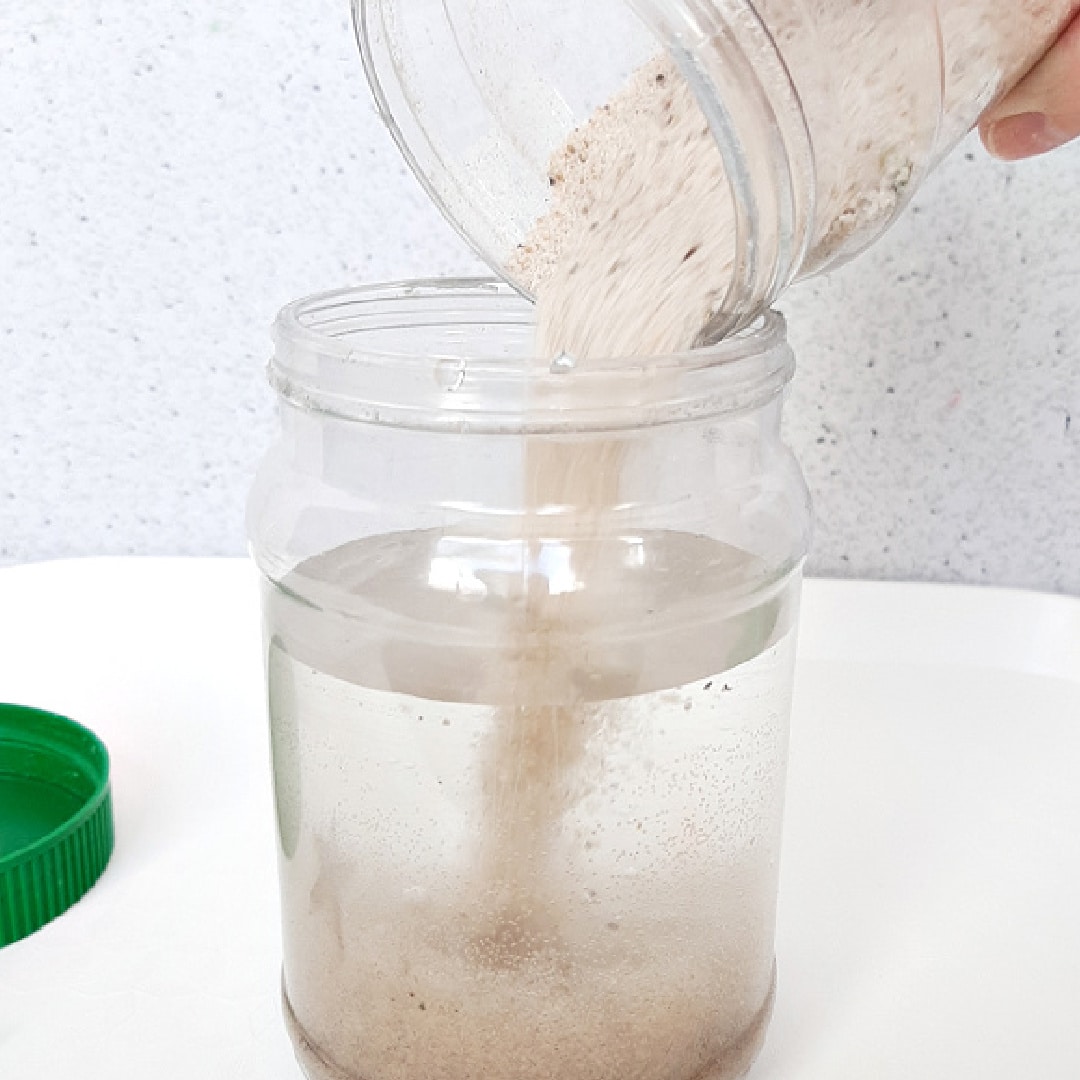
Pour the sand into the jar of water. Watch how the sand flows through the water. Twist the lid on firmly.
Now comes the fun part. Shake the jar!
Once the contents have been thoroughly mixed together, set the jar on the table. Let it remain in place as you watch the water become calm and the contents settle.
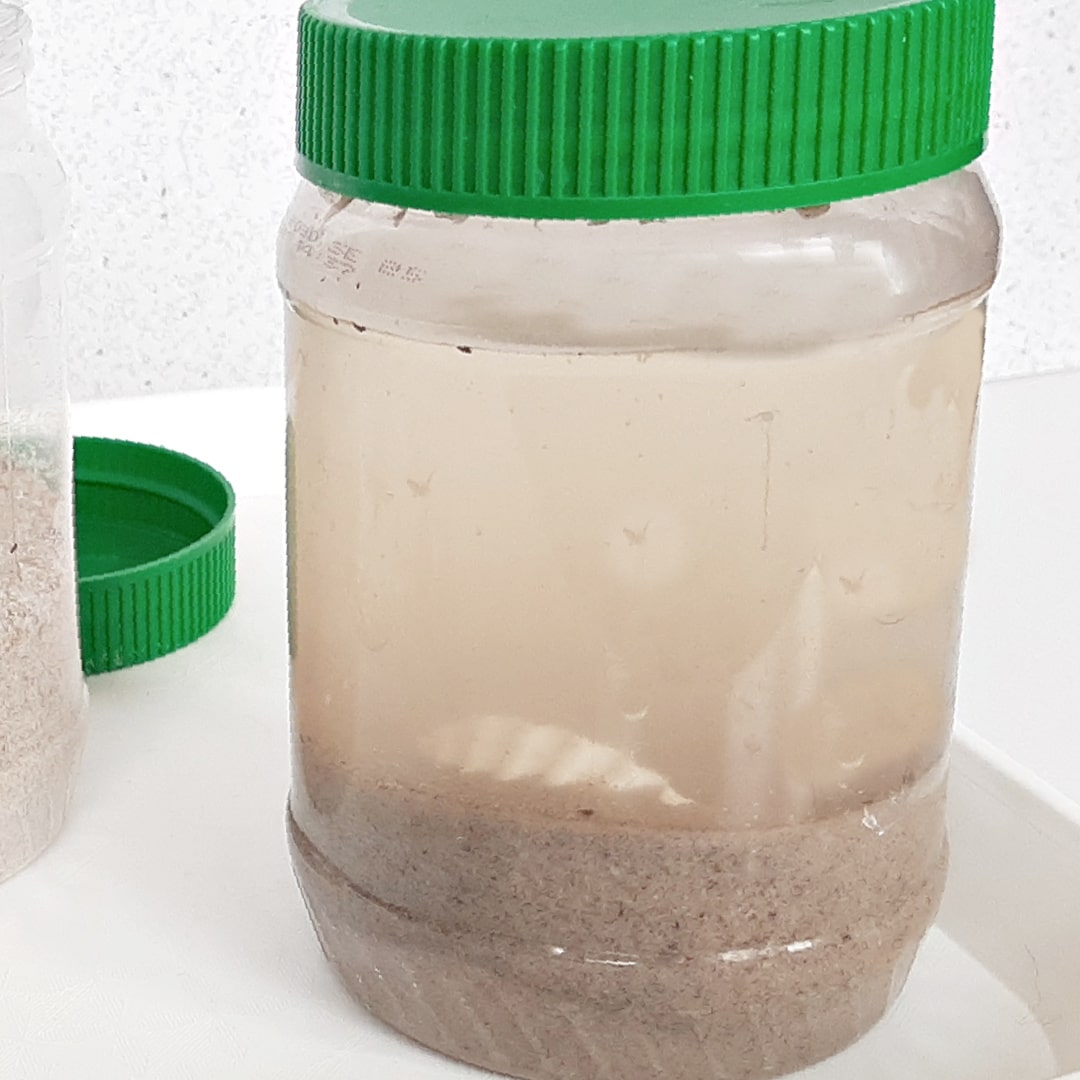
Ask questions and make comments that will prompt your toddler to look closely and make observations.
Can you see the sand in the water?
Did the water change color?
What happens to the sand after the jar sits on the table?
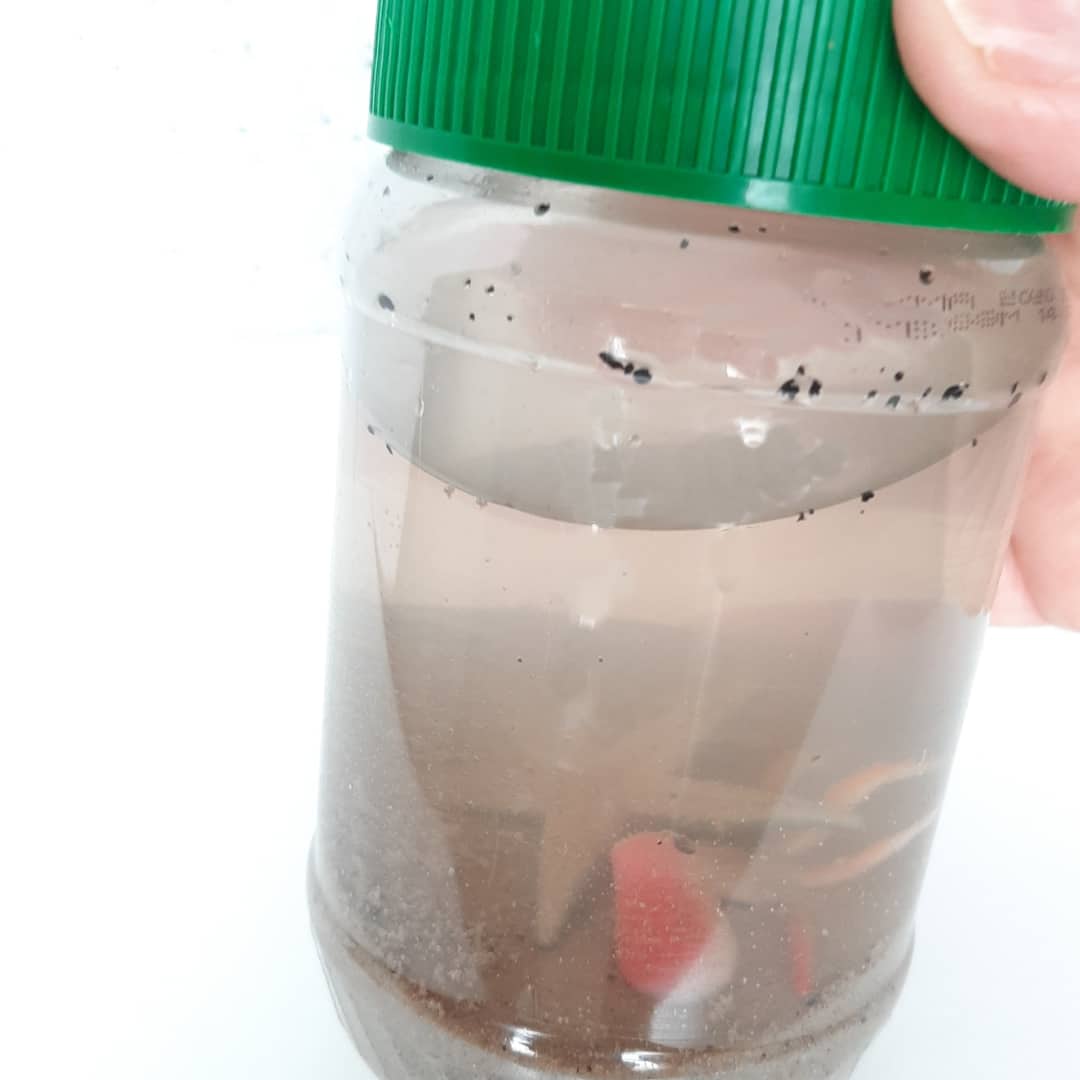
Add a seashell or small sea animal to the jar. Does the toy sink or float? Does it get buried in the sand?
Talk about creatures like turtles and jelly fish that live in sand and water. Have you seen any small sea animals at the beach?
Simple science with toddlers is easy in everyday activities. No special tools or instructions are required to spark curiosity and make observations.
Choose other ingredients to explore in water, including ones that dissolve like salt or baking soda. Kids are inquisitive and love to explore. Simple activities like mixing sand and water help support their early learning.

For more fun toddler activity ideas why not join our Facebook Group or follow us on Instagram – follow @myboredtoddler and use #myboredtoddler.
Find more easy toddler science experiments HERE.
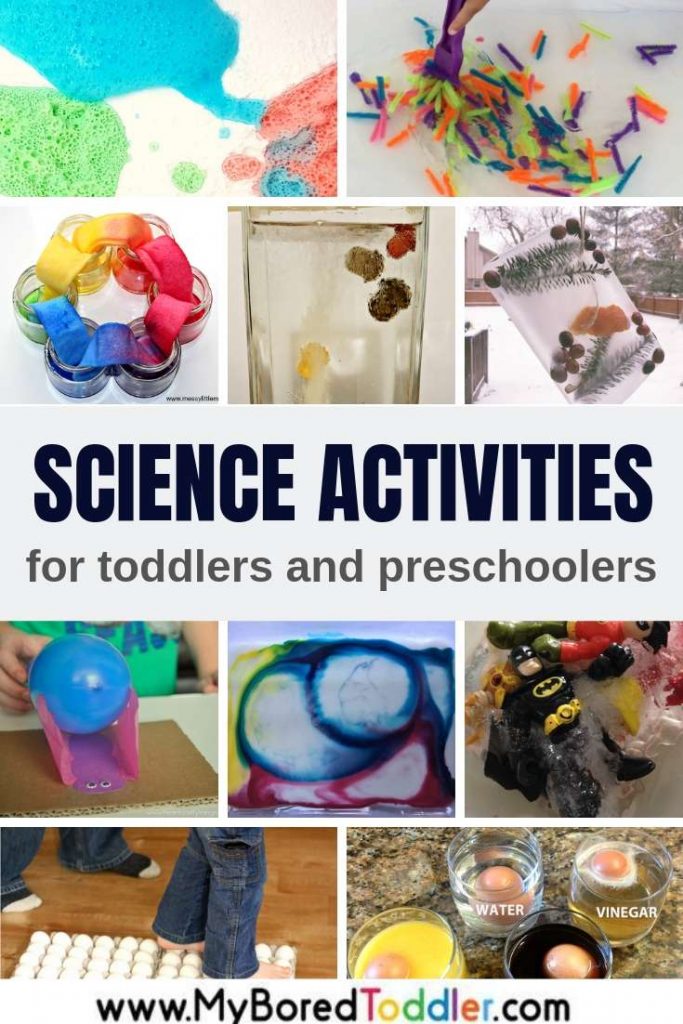
See lots more toddler water play ideas HERE.
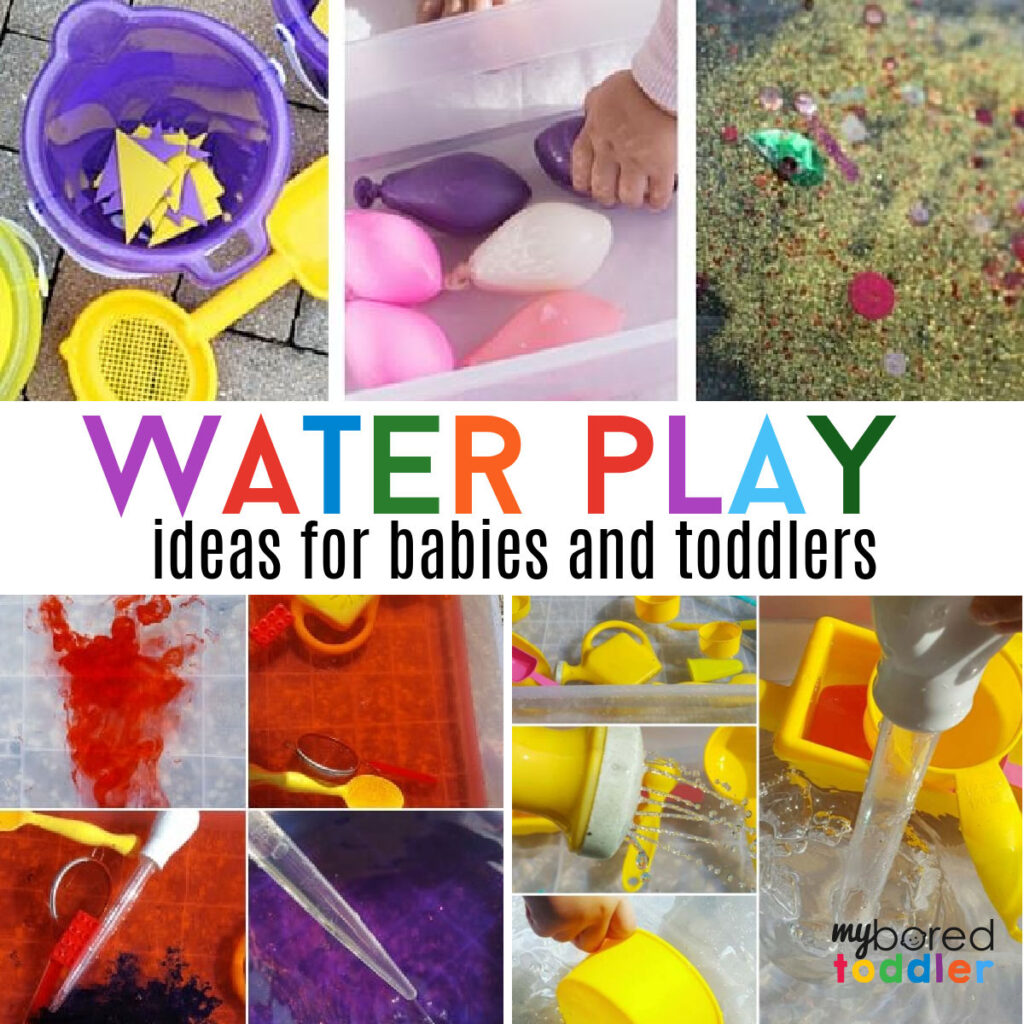
About the Author
Heather is a former preschool teacher and founder of preschooltoolkit.com , a website providing early learning resources for teachers and parents. She focuses on creating fun crafts and activities that engage developmental skills while promoting hands-on learning through play. Follow her on Facebook , Pinterest , Twitter , Instagram

IMAGES
COMMENTS
In this fun science experiment, you will explore why it is that when you walk on wet sand, the sand around your foot seems to dry out. Jump to main content Search
Easy sand science experiments for kids, on the beach, in a sandbox in the backyard or park, fun outdoor STEM activities for the whole family.
An easy sand and water science experiment for toddlers and preschoolers - easy to do at home or great for daycare.
Combine fun in the sand with hands-on science experiments and activities to learn more about beaches, sand, and preventing ocean pollution.
Model rivers using cornmeal, sand, and water to observe how varying water speed changes the riverbed. Have you ever played in the terrain of your backyard, pouring water over dirt and rocks to create little rivers that eventually flow into a gully or gutter? You might know that water is a major element shaping the landscape around us.
This underwater magic sand is SO COOL! This is such a fun science experiment to try with the kids! It’s simple to put together, easy to clean up and you can use the sand again and again. Making your own waterproof, aqua sand is a great way to learn about science!